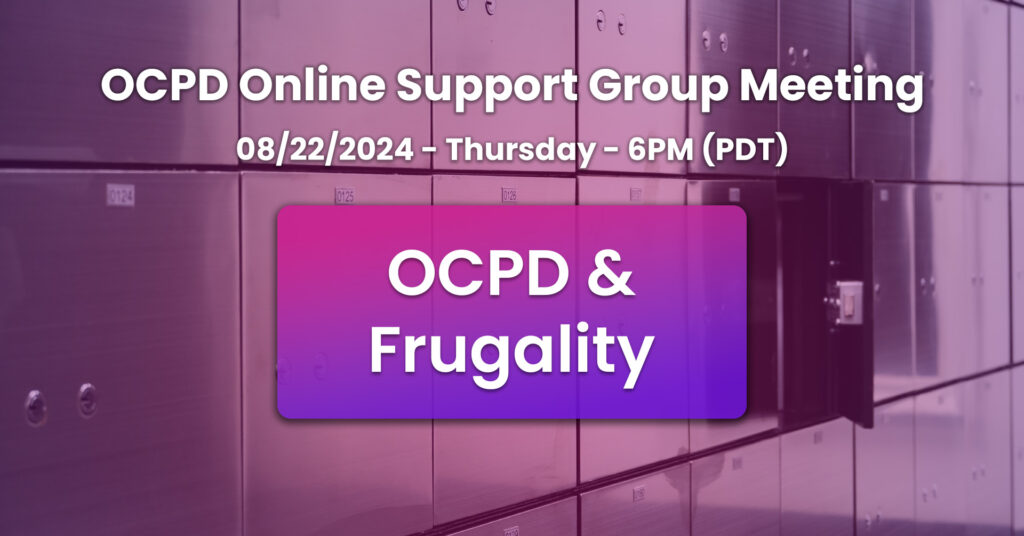In my brief preparation for this topic, I first learned that I’ve been using “frugality” as a 1:1 synonym for “misery” or “stingy” when that’s not entirely accurate or helpful. I really enjoyed the following article’s articulation of the differences as well as covering the deeper impact/costs that stingy behavior can lead to.
https://www.softmindindia.com/Blog/hidden-costs-of-being-stingy
The Hidden Costs of Being Stingy: A Psychological Perspective
The Difference Between Being Frugal and Being Stingy
The terms “frugal” and “stingy” are often mistaken for each other, yet they carry distinct connotations. Both are about exercising caution in spending and utilizing resources, however, the fundamental mindset and drive that underlie each concept sets them apart.
Frugality, a mindset characterized by astuteness and thriftiness, is about maximizing the value of what you possess and using resources with proficiency and efficacy. Frugal individuals, with a focus on what truly matters to them, are willing to make compromises elsewhere to attain their financial aspirations. Such behaviour leads to desirable outcomes like boosted savings, reduced debt and overall financial security.
On the other hand, stinginess stems from a scarcity mentality and the notion that there is never enough. Stingy individuals, driven by a fear of spending, exhibit parsimony, greed, and avarice, even for necessities. This behaviour, however, can lead to unfavourable outcomes such as strain in personal and professional relationships and problems with debt.
My original intention/assumption was that we’d be focusing on one of the eight diagnostic criteria for OCPD covered in the DSM-V, as follows:
Adopts a miserly spending style toward both self and others; money is viewed as something to be hoarded for future catastrophes.
In my same initial Google search, I saw articles ranging from one end of the spectrum to the other:
- My husband’s frugality is embarrassing
- My father is pathologically cheap
- Is frugality a mental disorder?
- The line between frugal and crazy
- The wisdom of frugality
- The pleasures of frugality
It seems clear to me that, like all things, when taken to an extreme frugality can become incredibly unhealthy, even if the underlying virtue or motivation was pure. What’s required is a practice of mindful awareness so that we can check in with both ourselves and others to reflect on how closely the impact of our actions and behaviors align with our good intentions.
https://link.springer.com/chapter/10.1057/9780230321458_33
Handbook of Spirituality and Business: Frugality
We can define frugality as art de vivre, which implies low material consumption and a simple lifestyle to open the mind for spiritual goods such as inner freedom, social peace, justice, or the quest for “ultimate reality.” Frugality as a conception of the good life has deep philosophical and religious roots in the East and the West. Monks and religious people all over the world practice it in different forms of asceticism, self-restriction, or freely chosen poverty (“voluntary simplicity”). But even secular philosophers in the tradition of Epicurean ethics or Stoicism emphasize that frugal tastes and lasting enjoyment go hand in hand. Whereas for religious ethics frugality is a spiritual virtue, for secular ethics it is a rational virtue to enhance happiness. Although both of these approaches, the rational as well as the spiritual, do promote similar practices of self-restriction, their deeper motivational structure is very different. We will explore rational theories of frugality, the economics of frugality, and a spiritual concept and practice of frugality.1
Reflection Questions
- What’s your working definition of frugality and what connotation does it evoke in you?
- How strongly does this definition of frugality resonate with your personality, virtues/values, lifestyle, or behavior?
- To the degree that you are or aren’t frugal, how does it impact your life? Or your relationships?
- What is the core motivation for embracing frugality in your life?
- Is frugality serving you well?
- If not, what alternatives or changes might you explore?

![[Zoom Meeting] OCPD & Disgust 🤢](https://www.youmeandocpd.com/wp-content/uploads/2023/12/2023-12-14-OCPD-Disgust-1024x536.jpg)
![[Zoom Meeting] Reflecting on the Year 2023 📝🔍](https://www.youmeandocpd.com/wp-content/uploads/2023/12/2023-12-28-OCPD-Reflecting-on-the-Year-1024x536.jpg)